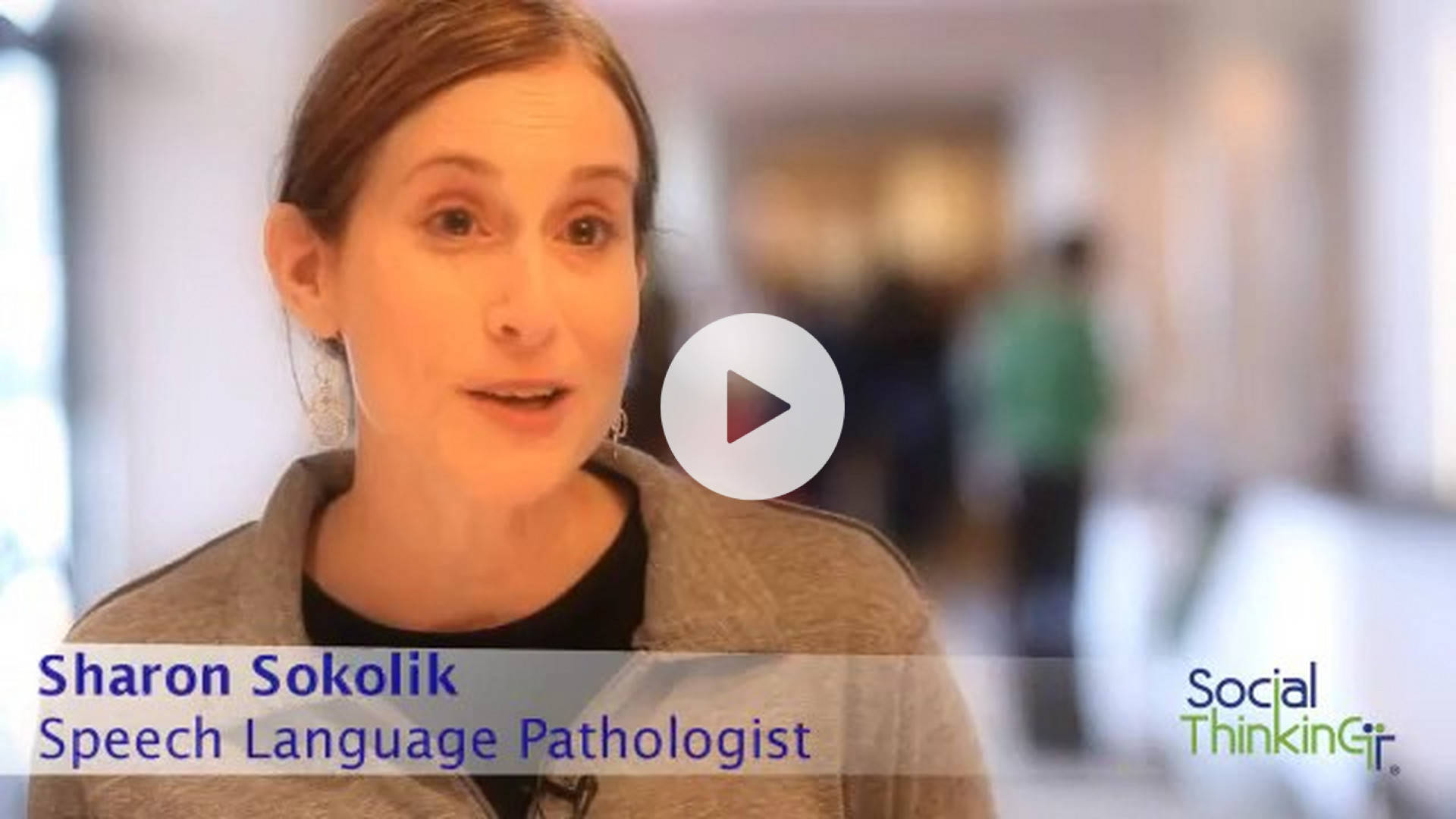Executive Functioning: Tackle Homework and Classwork With These Helpful Strategies
In this course you will learn to help students better manage homework from classroom to home and back again. Explore the terrain between a student’s conceptual need (“I need to do my homework”) and the frustration that often results from an inability to plan or execute (“I can’t do my homework”). Concrete strategies to develop organized thinking and related skills will be explained. We will provide specific ideas to: encourage motivation; manage road blocks, emotions, and distractions; increase effective use of time; track multiple assignments; and more. Information can be used by attendees and students across school, community, and home. This course gets stellar reviews!
Who should attend
Interventionists supporting ages 5 - young adult. At our conferences we share our latest frameworks, lessons, and strategies for teaching social thinking with a wide variety of interventionists, including: speech-language pathologists, special and general education teachers, social workers, counselors, clinical and school psychologists, occupational therapists, behavior specialists, and school administrators to name a few. It’s also used by family members and caregivers across settings.

- Description
- What You Will Learn
- Schedule
- CE Credit
The majority of individuals with social learning challenges have difficulty developing the organizational skills needed to manage the increasingly complex expectations of life in upper elementary, middle, and high school, and into their adult years. Our organizational abilities emerge from executive functioning skills that are expected to develop with minimal instruction. Not surprisingly, identifying motivation, knowing how to get started on a project, and managing time across a variety of homework assignments can feel overwhelming—even for the most intellectually sharp individuals. The impact of poor organizational skills is immense; it affects outcomes in school, at work, and at home. People with poor organizational skills and limited motivation are often referred to as lazy, but the truth is their behaviors are more likely the result of a neurologically based executive functioning weaknesses than a lack of desire to be competent in their work. Often, relatively little support is provided by parents and teachers to guide individuals to develop these critical skills—and even those who want to help are not sure where to begin.
In this course, we explore key executive functioning skills and practical strategies to help individuals track and tackle homework and other deadline-based responsibilities. Discover two types of organizational skills: static and dynamic. Dissect dynamic organizational skills into 10 steps that are critical to the completion of any homework assignment. Learn an educational strategy aligned with each step and receive an extensive take-home handout to support this teaching method.
This course has been enthusiastically received by parents, counselors, mainstream and special education teachers, administrators, psychologists, speech language pathologists, occupational therapists, and others. As with most Social Thinking courses, hands-on activities help attendees relate their own experiences to the challenges discussed. We go beyond a general description of the issues, guiding attendees to actively explore key concepts and elucidating the pivotal role parents and professionals play in teaching these concepts.
While this course was designed to support individuals with social learning challenges, the cutting-edge information provided is relevant for all populations—mainstream teachers love this conference day!
NOTE: Treatment refers to using conceptual and strategy-based frameworks to help individuals improve their social competencies.
Upcoming Conferences
We are currently not offering this course at an in-person conference, however we have over 20 online training courses taught by thought leaders in social competencies, self-regulation, executive functioning, and more.
- Identify a strategy for helping individuals explore their own motivation when approaching complex tasks.
- List the three-part definition of executive functioning and describe its role in helping individuals develop an awareness of strengths and weaknesses.
- Describe the importance of time prediction and how analog clocks teach this concept differently than digital clocks.
- Define the difference between static and dynamic organizational skills.
- Describe how a Gantt chart is helpful in understanding multiple assignments across time.
Upcoming Conferences
We are currently not offering this course at an in-person conference, however we have over 20 online training courses taught by thought leaders in social competencies, self-regulation, executive functioning, and more.
This agenda may change without notice.
| 7:30-8:30 | Use social competencies to problem solve how to sign in, find a seat, and enjoy a cup of coffee or tea while getting to know fellow attendees. |
| 8:30-10:15 | Audience activity: discussion of executive functioning issues in adolescents and adults. Define and discuss static versus dynamic organization. |
| 10:15-10:30 | Break |
| 10:30-12:00 | Explore executive functions more deeply: know what needs to be done; move it with motivation; prepare the environments |
| 12:00-12:50 | Lunch provided |
| 12:50-2:15 | Chunk it and time it; visually structure it; prioritize and plan it daily |
| 2:15-2:25 | Break |
| 2:25-3:45 |
Hunt and gather; communicate about it; take perspective; persist and self-reward; IEP goal ideas; 13 questions as to whether a student is likely to succeed after graduation; explore a student’s organized thinking and related skills |
Upcoming Conferences
We are currently not offering this course at an in-person conference, however we have over 20 online training courses taught by thought leaders in social competencies, self-regulation, executive functioning, and more.
We are proud to be a continuing education provider for Speech-Language Pathologists, Social Workers, Marriage and Family Therapists, Clinical and School Psychologists, and Certified Counselors, such as Licensed Professional Counselors, Licensed Mental Health Counselors, Licensed Professional Clinical Counselors, and others.
We offer continuing education units/credits/clock hours through:
- ASHA: American Speech-Language-Hearing Association
- CES: Commonwealth Educational Seminars
- NBCC: National Board for Certified Counselors
- And more!
Upcoming Conferences
We are currently not offering this course at an in-person conference, however we have over 20 online training courses taught by thought leaders in social competencies, self-regulation, executive functioning, and more.









